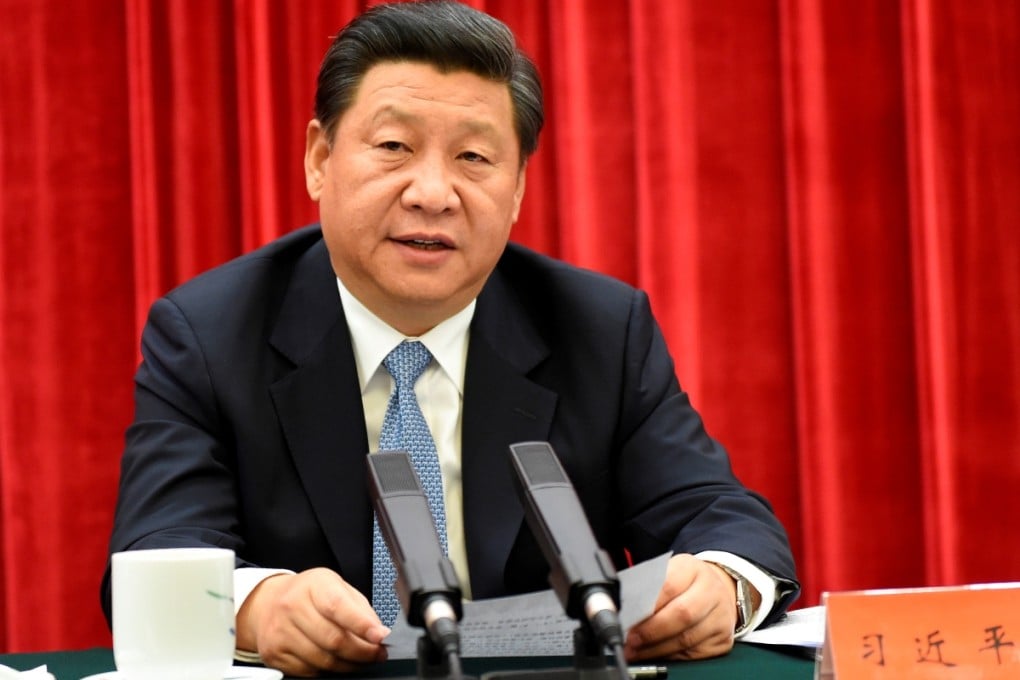Macroscope | How temporary is the new mainland mercantilism?
A probe on misdeeds at state enterprises obliges restraints on overseas companies which might otherwise flourish under a domestic crackdown

Accusations come almost daily. China is waging a mercantilist campaign against multinationals, from German car titans to American technology firms to Japanese ball-bearing makers, for supposed monopoly abuses and other legal infractions.
There is more going on, however. As General Secretary of the Communist Party, Xi Jinping has launched a far bigger campaign within the party itself.
His "anti-corruption" effort may explain the recent protectionist outbreak. If so, the conclusion of Xi's internal programme will lead to a great improvement in the environment for multinationals. Viewed in isolation, the government's commercial policies are not indefensible.
The targeting of foreigners was initiated by Xi's administration, which purports to be giving the market a "decisive role". Right now, the Ministry of Commerce, State Administration for Industry and Commerce, and National Development and Reform Commission play the decisive role for foreign business.
The government denies bias, claiming domestic firms are also scrutinised. While true, laws are still being applied unfairly. This is happening through extreme differences across sectors.
Attacks on multinationals are a political shield for the anti-corruption campaign
Industries where foreign entities lead are examined from all angles for inadequate competition. These include cars and technology but also pharmaceuticals, eyeglasses and milk powder.

